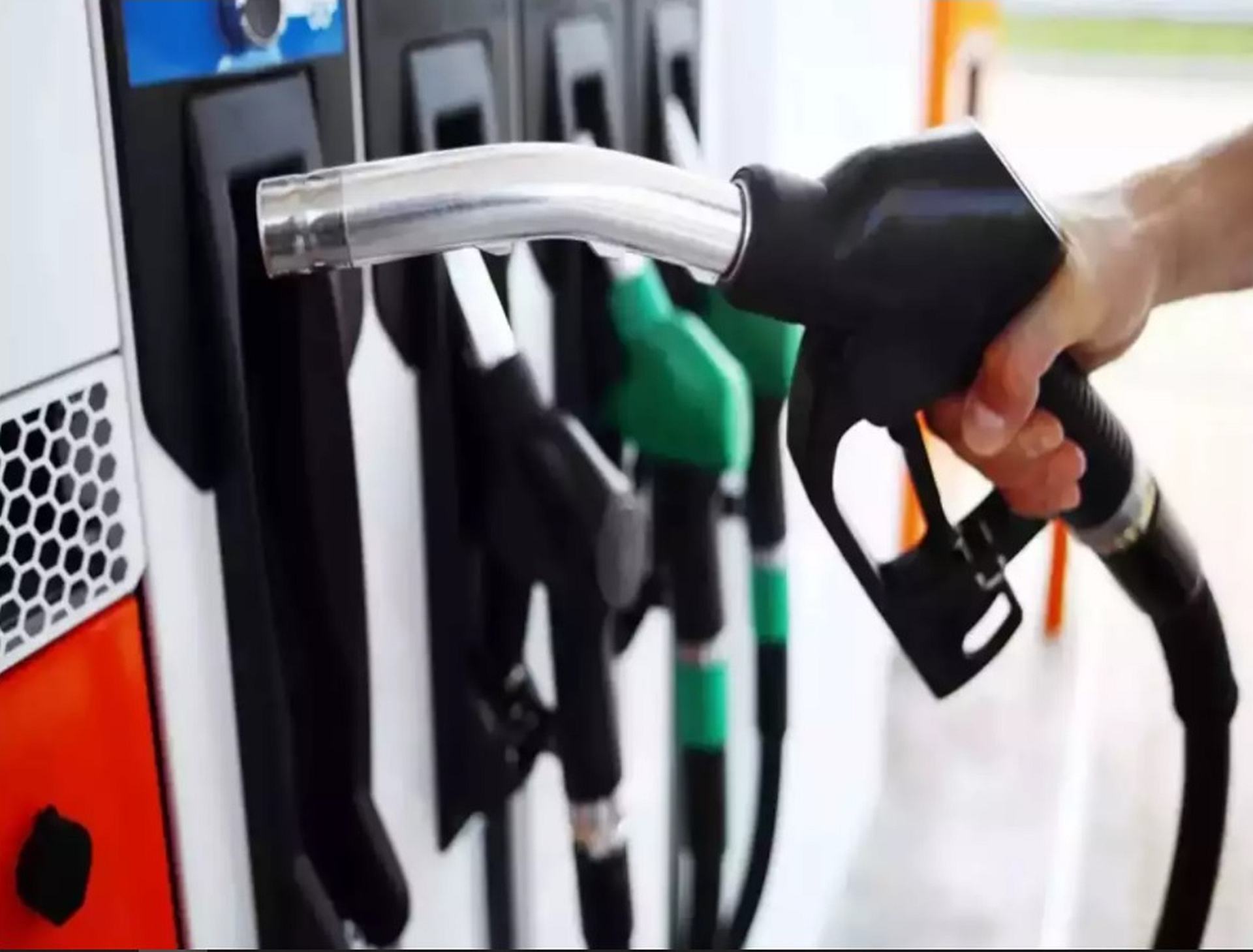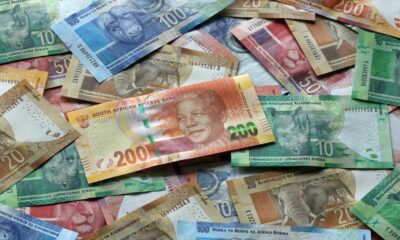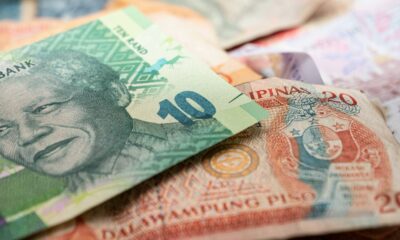News
Oil Shock: US Bombing of Iran Sparks Fears of R130 Petrol in South Africa

A new conflict flashpoint is sending tremors across global markets and South Africans may soon feel it directly at the petrol pump.
From geopolitical strike to local spike
What began as a foreign policy move by the United States is now threatening to explode South Africa’s fuel prices and economic outlook. Over the weekend, US President Donald Trump ordered airstrikes on key nuclear enrichment sites in Iran, in what he described as an effort to prevent the Middle Eastern nation from acquiring nuclear weapons.
The decision, which marked America’s direct entry into the ongoing Israel-Iran war, has not only escalated global tensions but sent oil markets into panic mode — and Brent crude is already rising.
For South Africans, who’ve enjoyed modest petrol price cuts in recent months thanks to a dip in global oil prices, the relief could come to a sudden and painful end.
Could petrol really hit R130 a barrel?
According to some energy analysts, oil prices could now almost double to $130 a barrel, especially if Iran retaliates or the conflict spreads.
Much of the concern centres around the Strait of Hormuz, a narrow chokepoint through which nearly 20% of the world’s oil flows. If that artery is blocked or even threatened, oil prices could surge — fast.
And here at home, that would likely mean skyrocketing fuel costs.
Already, data from South Africa’s Central Energy Fund (CEF) showed pressure building on local petrol pricing before the US strikes. A 40-cent-per-litre increase was expected for July. But with Brent crude climbing and geopolitical risks ballooning, some economists now warn of record-high pump prices.
From fuel hikes to inflation headaches
The fuel price isn’t the only thing in danger. Rising oil prices feed directly into South Africa’s inflation basket — pushing up transport, food, and logistics costs.
Until now, the South African Reserve Bank was cautiously optimistic about cutting interest rates later this year. But if inflation rises again, that plan may be shelved or even reversed.
“This framework has just been broken,” said Nigel Green, CEO of global investment advisory firm deVere Group. He warned that assumptions of stable energy prices and falling interest rates are no longer tenable.
“If inflation spikes back up, monetary policymakers will be forced to hold or even hike rates again,” Green said.
That could be devastating for everyday South Africans already struggling with debt and high borrowing costs.
Wider economic ripple effects
Beyond the fuel price and interest rates, the oil shock could trigger a ripple effect across the broader economy.
Sectors like travel, logistics, and retail may take a hit. Consumer-driven companies, especially those sensitive to fuel and inflation costs could see lower margins and tighter demand.
The Johannesburg Stock Exchange (JSE) may also feel the pain, with investors possibly rotating away from growth-heavy tech stocks and toward “safe haven” assets like gold and defensive shares.
The rand’s rocky road
Currency markets are already responding, with the rand weakening against the dollar as investors seek safety. But the longer-term picture is murky.
Green suggests that while the US dollar may strengthen initially, ongoing conflict, higher inflation, and recession fears could eventually erode its appeal.
“The dollar may rally at first, but if oil pushes inflation too high, we could see slower US growth and pressure on fiscal stability,” he said.
For the rand, that could open space for recovery, but not before it weathers a near-term storm.
South Africans brace for impact
While news of war in the Middle East may feel distant to some, the consequences are landing right here — in fuel stations, grocery stores, and bank statements.
Social media has already exploded with concern. On X (formerly Twitter), hashtags like #FuelShock and #IranStrike trended over the weekend.
“This is not our war, but we’re going to pay for it,” one user wrote. Another quipped, “Fill up your tanks now. It’s about to get ugly.”
With global tensions high, oil markets jittery, and no clear end in sight to the Israel-Iran conflict, South Africa could be heading into a winter of financial discontent.
From commuters to economists, everyone is watching the price boards and the political chessboard with anxious eyes.
One thing is certain: peace in the Middle East now carries a price tag at the pump.
{Source: BusinessTech}
Follow Joburg ETC on Facebook, Twitter , TikTok and Instagram
For more News in Johannesburg, visit joburgetc.com



























